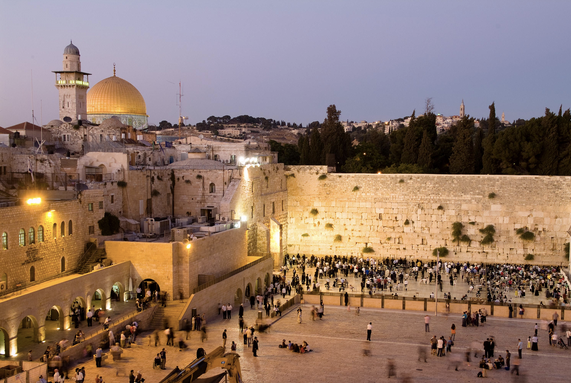Why is President Trump’s announcement that the United States now considers Jerusalem to be Israel’s capital such a big deal? Why are some experts warning of violence or an end to the peace process? What’s the dispute over Jerusalem all about, anyway? Let’s review.
What Are the Basics?
Both Israelis and Palestinians claim the city as their political capital and as a sacred religious site. Israel controls the entirety of the city. Any peace deal would need to resolve that.
The city’s status has been disputed, at least officially, since the 1948 Arab-Israeli War. Before that, the United Nations had designated Jerusalem as a special international zone. During the war, Israel seized the city’s western half. It seized the eastern half during the next Arab-Israeli war, in 1967.
Most foresee a peace deal that gives western Jerusalem to Israel and eastern Jerusalem to a future Palestinian state.
The United States, in order to present itself as a dispassionate broker, long considered Jerusalem’s status to be a conflict issue that was up to Israelis and Palestinians to decide. Mr. Trump is breaking with that traditional neutrality.
Maybe more important, Israel’s position on Jerusalem isn’t just that its capital should be somewhere in the city. A 1980 law declared Jerusalem to be Israel’s “undivided” capital, which was widely understood as a de facto annexation of the city’s eastern half.
Mr. Trump, in endorsing Jerusalem as Israel’s capital, did not explicitly endorse this idea. But he didn’t reject it, either. Nor did he say that Jerusalem should also become the Palestinian capital.
This implies that the United States is increasingly supportive of Israel’s position — full annexation — though this would almost certainly kill any viable peace deal.




